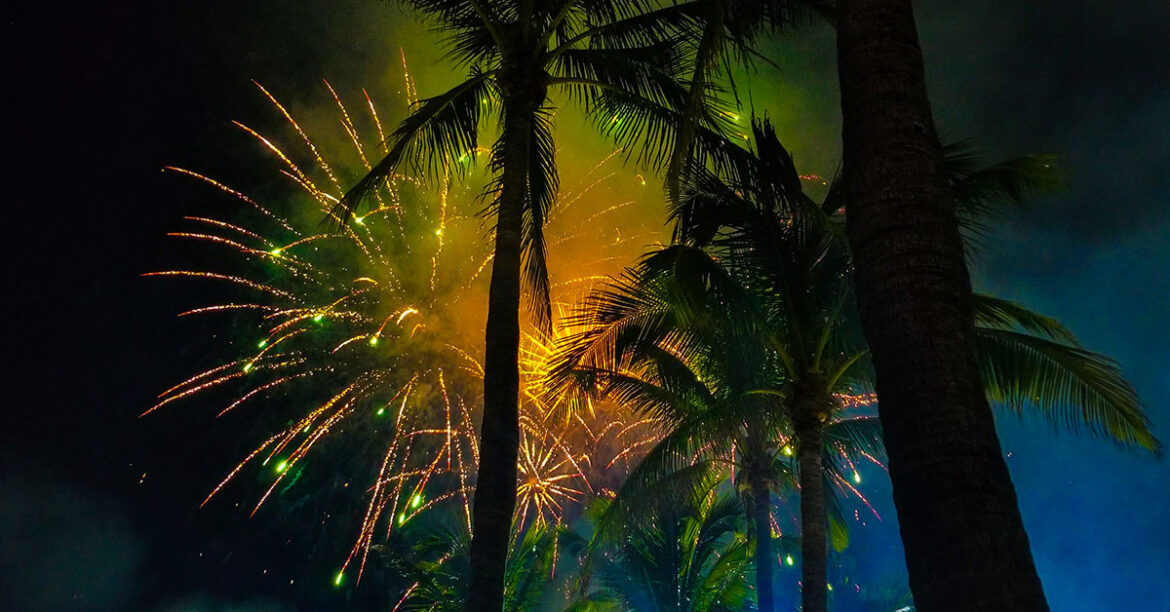
As New Year’s Day approaches, many Floridians are planning celebrations that may include fireworks. Readers may find it helpful to know that the legal landscape around fireworks has evolved over time, shifting from a period when most fireworks were restricted except under specific circumstances to the current more permissive stance. As a result of these changes, questions often arise about what qualifies as a “firework,” which items remain subject to permitting, and how the state’s provisions interact with local enforcement or private community covenants.
Readers often ask how state law treats fireworks during the holidays. Section 791.08, Florida Statutes, identifies three “designated holidays” – New Year’s Day (January 1), Independence Day (July 4), and New Year’s Eve (December 31) – and provides that the statute explicitly permits the use of fireworks solely and exclusively during these designated holidays. However, it clarifies that it does not aim to comprehensively regulate fireworks or override local governmental regulations referenced elsewhere in Florida law.
Another important feature of Section 791.08 is how it interacts with private community restrictions. The statute provides that the application of Section 791.08 is not intended to supersede legally executed and properly recorded declaration of covenants or covenant running with the land of any homeowners’ association pursuant to chapter 720. However, it further provides that a homeowners’ association (“HOA”) board cannot use board-made rules to take away a homeowner’s right to use fireworks on the designated holidays. In practical terms, this creates a distinction between board rules and recorded covenants.
Public commentary since the law took effect has noted several practical complexities. For example, some HOAs have general “nuisance” clauses in their declarations, and there is ongoing discussion about how those clauses fit alongside a statute that singles out certain holidays for permitted use of fireworks. The statute also does not appear to shield anyone from negligence and trespass liabilities if fireworks cause harm or damage. Communities should also consider operational questions, such as whether association common areas may be used for fireworks, how to address safety or debris, and whether private property use differs from use on shared spaces.
For many residents, the key takeaway is that Florida law ties permitted use of fireworks to the three designated holidays. Readers should also be mindful of any applicable local regulations and any recorded HOA covenants that might affect their community. Notably, the statute does not mention condominium associations and if your condominium association has questions about regulating fireworks at the condominium, it may require a different analysis.

